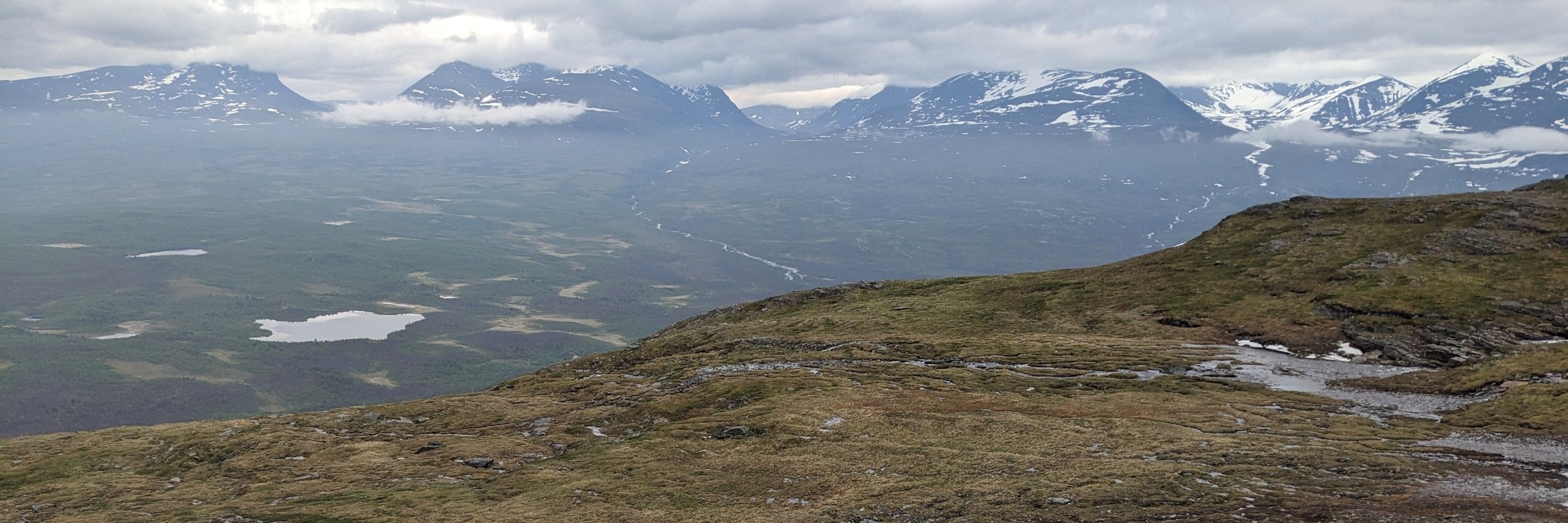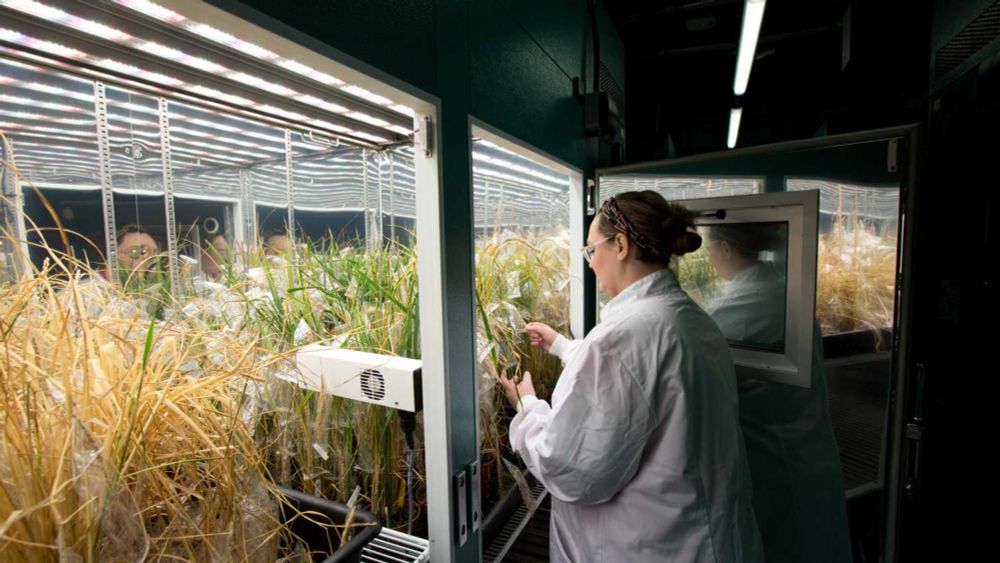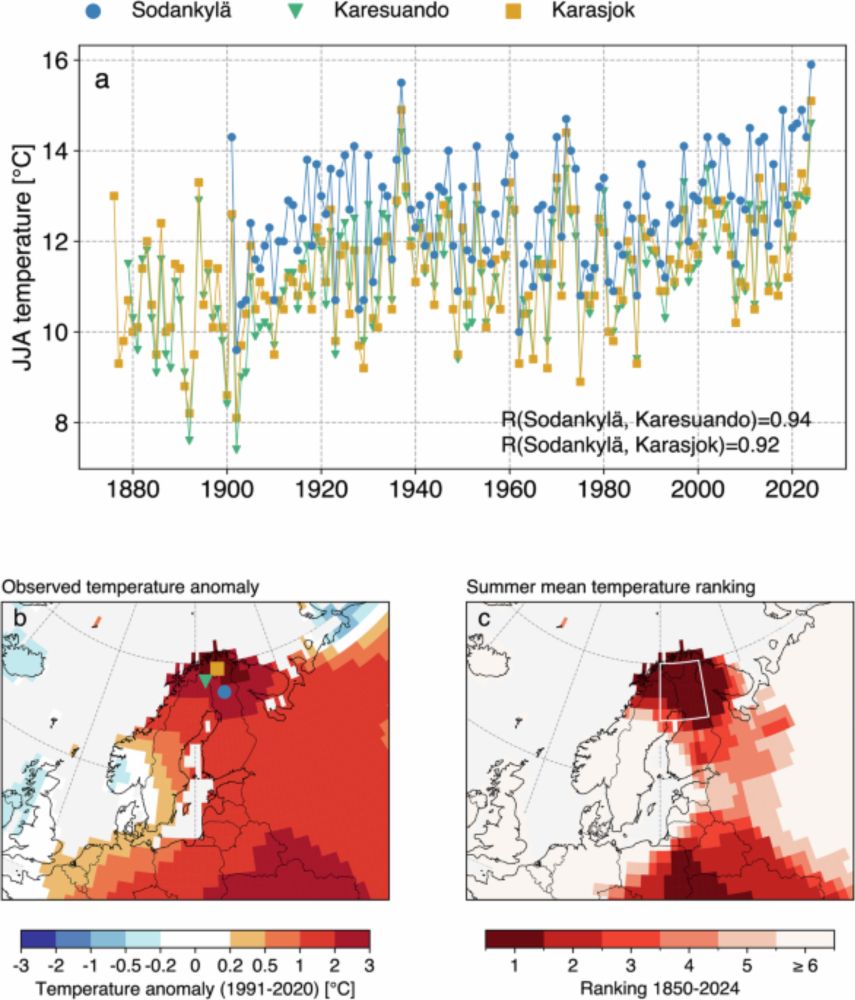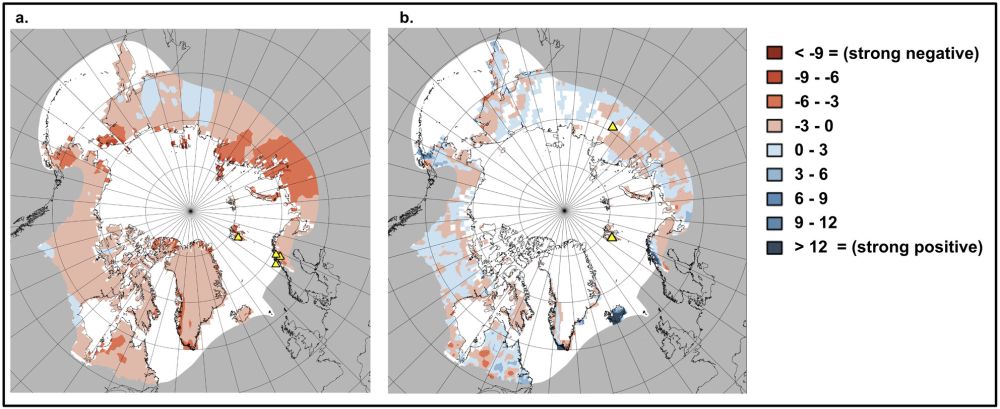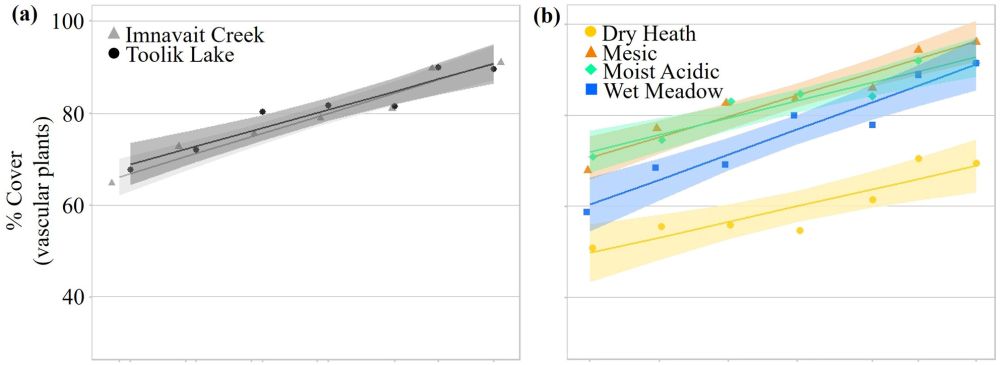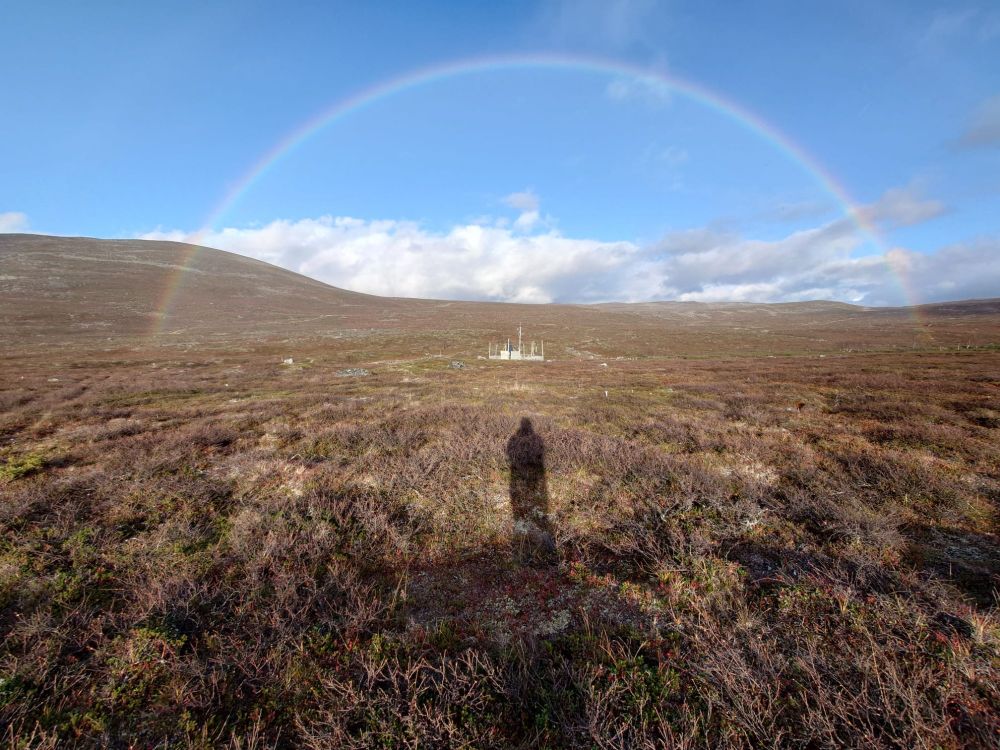Gareth Phoenix
@garethphoenix.bsky.social
770 followers
260 following
32 posts
Scientist. Climate change and ecosystems, Arctic, boreal, uplands, plant ecology, biogeochemistry, biodiversity. I like to run when I'm not injured.
Posts
Media
Videos
Starter Packs
Reposted by Gareth Phoenix
Reposted by Gareth Phoenix
Gareth Phoenix
@garethphoenix.bsky.social
· Apr 11
Gareth Phoenix
@garethphoenix.bsky.social
· Feb 10
Gareth Phoenix
@garethphoenix.bsky.social
· Feb 10
Gareth Phoenix
@garethphoenix.bsky.social
· Feb 10
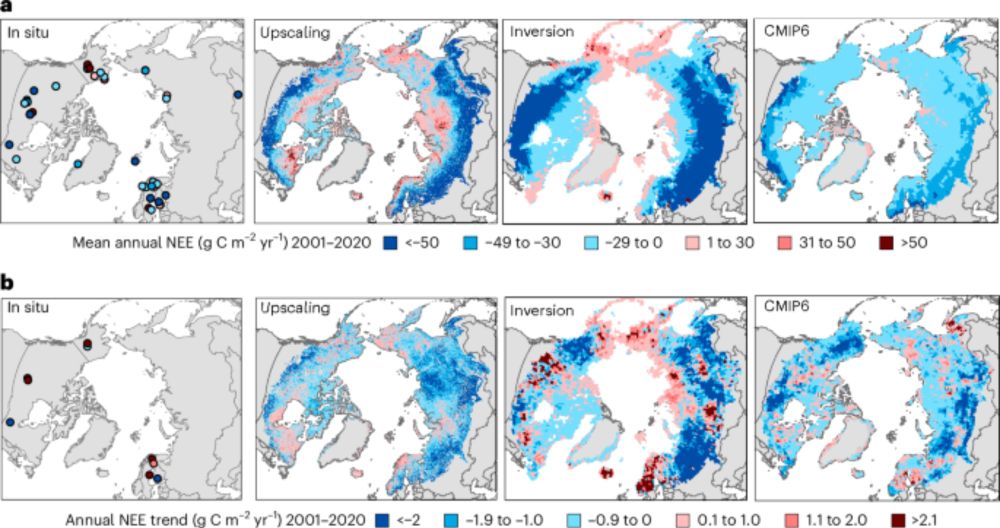
Wildfires offset the increasing but spatially heterogeneous Arctic–boreal CO2 uptake - Nature Climate Change
How the carbon stocks of the Arctic–Boreal Zone change with warming is not well understood. Here the authors show that wildfires and large regional differences in net carbon fluxes offset the overall ...
www.nature.com
Reposted by Gareth Phoenix
Edge O. Erin
@edgeoerin.com
· Feb 4
Reposted by Gareth Phoenix
Gareth Phoenix
@garethphoenix.bsky.social
· Jan 28
Gareth Phoenix
@garethphoenix.bsky.social
· Jan 28
Reposted by Gareth Phoenix
PLOS Climate
@plosclimate.org
· Jan 27
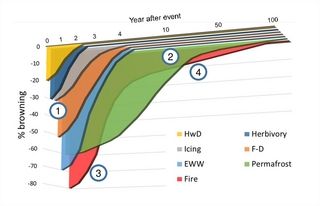
Browning events in Arctic ecosystems: Diverse causes with common consequences
Arctic ecosystems are experiencing extreme climatic, biotic and physical disturbance events that can cause substantial loss of plant biomass and productivity, sometimes at scales of >1000 km2. Collect...
journals.plos.org
Gareth Phoenix
@garethphoenix.bsky.social
· Jan 22
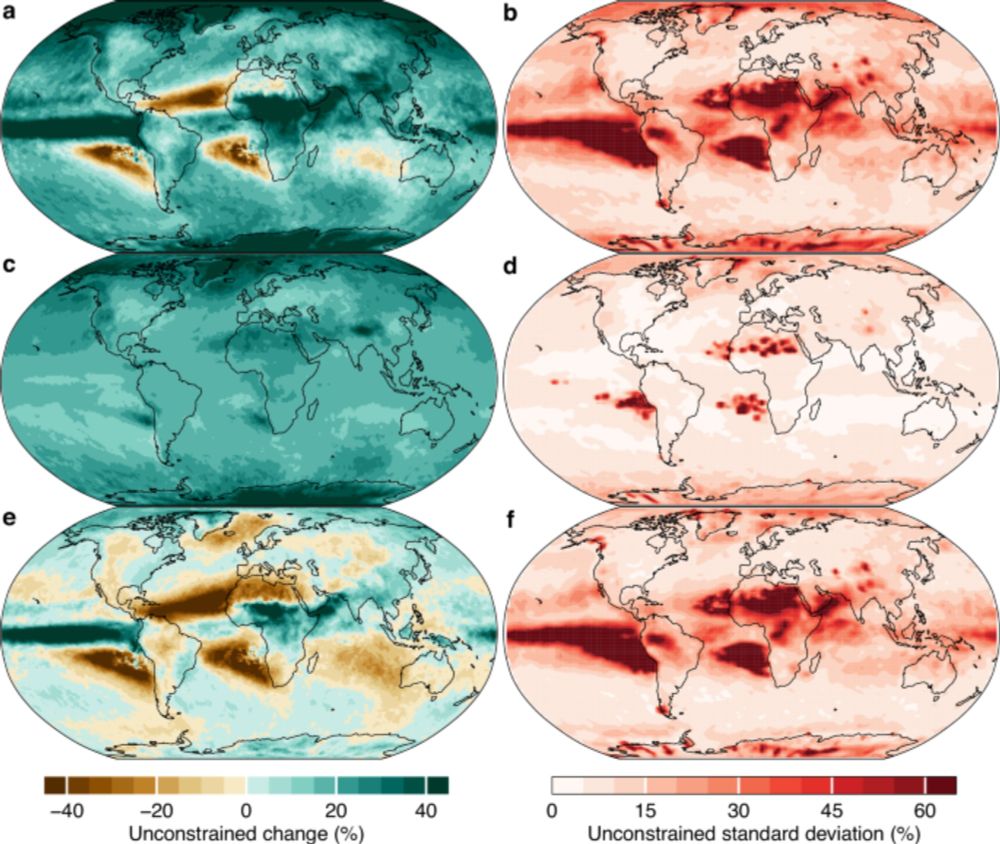
Increasing certainty in projected local extreme precipitation change - Nature Communications
This study presents more accurate future extreme precipitation projections at local scales constrained by past warming observations using an adaptative emergent constraint approach.
www.nature.com
Gareth Phoenix
@garethphoenix.bsky.social
· Jan 15
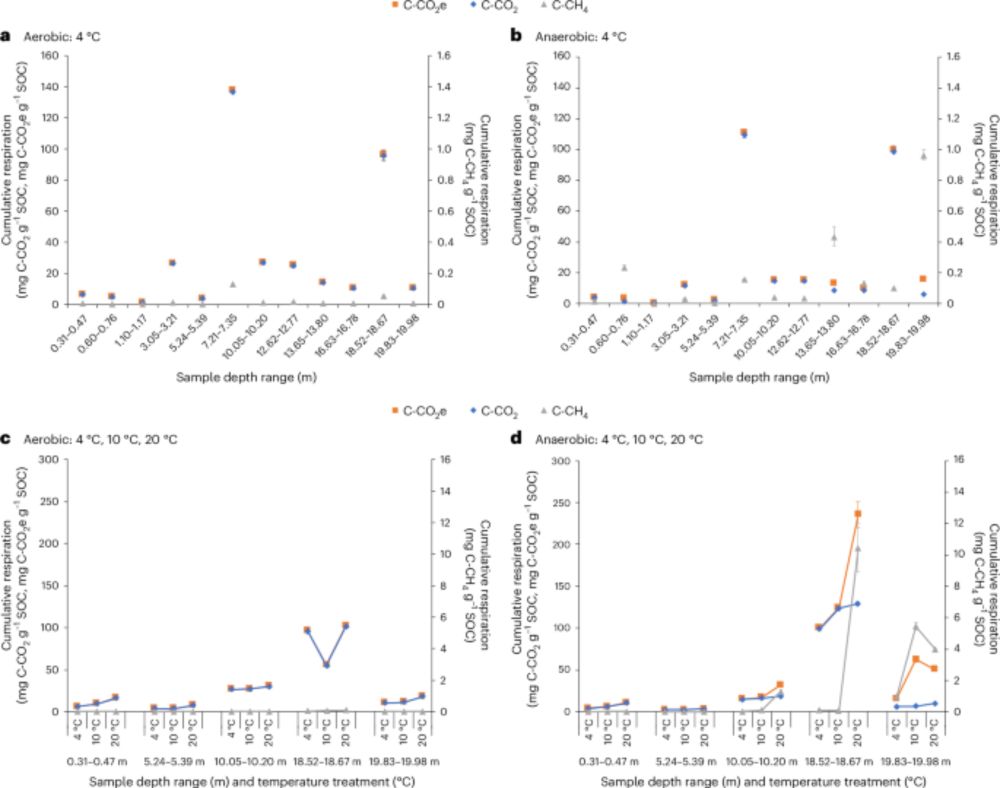
Substantial and overlooked greenhouse gas emissions from deep Arctic lake sediment - Nature Geoscience
Deep permafrost soils produce comparable amounts of greenhouse gases as shallow soils in response to warming, according to incubation experiments of deep Arctic lake sediments.
www.nature.com
Gareth Phoenix
@garethphoenix.bsky.social
· Jan 10
Gareth Phoenix
@garethphoenix.bsky.social
· Jan 10
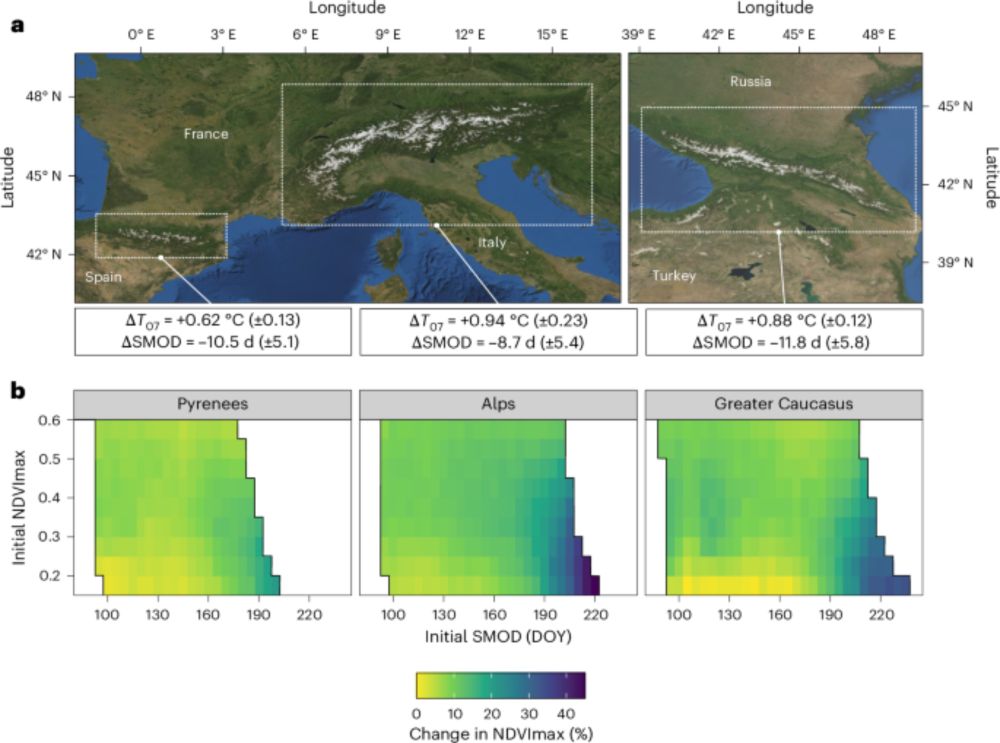
Waning snowfields have transformed into hotspots of greening within the alpine zone - Nature Climate Change
The authors use multidecadal, high-resolution data to investigate the spatial variability of vegetation greening in European mountains. They show that changes in snow cover duration play a more signif...
www.nature.com
Gareth Phoenix
@garethphoenix.bsky.social
· Dec 20
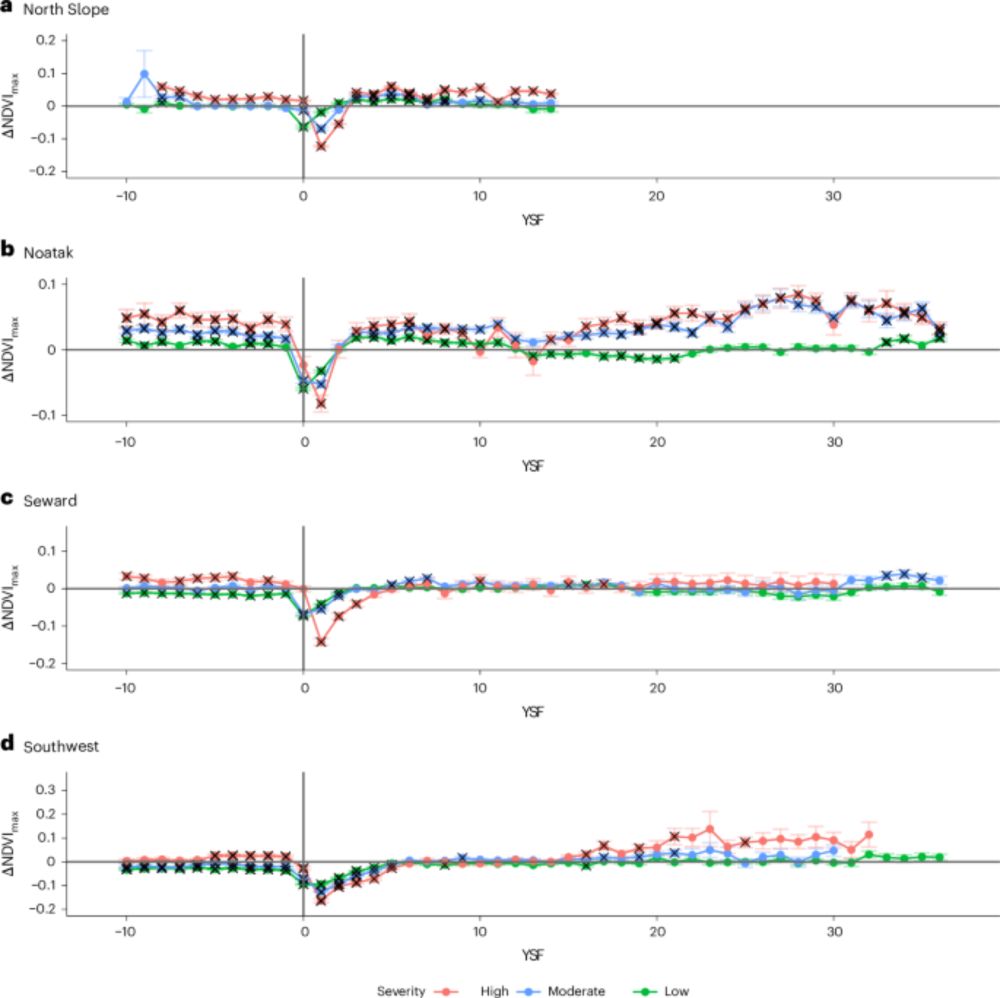
Regional fire–greening positive feedback loops in Alaskan Arctic tundra - Nature Plants
Arctic warming has led to widespread greening across the tundra. Utilizing remote-sensing and field data, this study identifies a positive fire–greening feedback loop operating across regional scales ...
www.nature.com
Gareth Phoenix
@garethphoenix.bsky.social
· Dec 20
